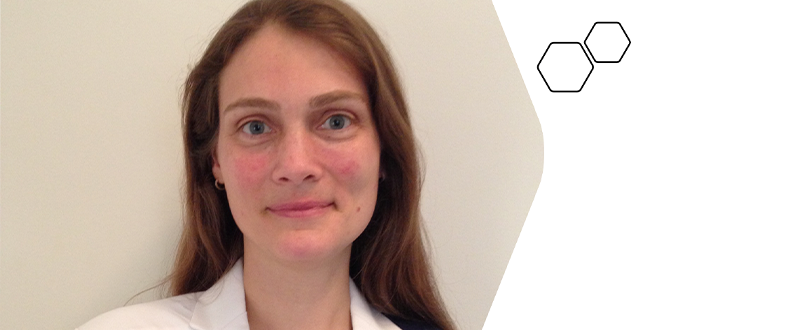Infant Mental Health: Where Wellbeing Begins

Erin Valentine, PsyD
ClinicalPsychologist
Sidra Medicine
Instructor of Psychology in Clinical Psychiatry
Weill Cornell Medicine-Qatar
Understanding infant mental health means understating ourselves, how we became the people we are today based on our early relationships, and most importantly how we can help the next generation grow with a strong sense of wellbeing. Wellbeing is defined as the experience of health, happiness, and prosperity. It includes having good physical and mental health, life satisfaction, a sense of meaning, and ability to manage stress. The roots of wellbeing grow in infancy. When infant mental health is understood, cared for, and supported, we see children grow into strong, resilient, and flexible adults. Yes, even in the first few weeks and months of life we are beginning to develop a sense of wellbeing and babies have mental health needs. Infant mental health specifically refers to a young child’s social and emotional development from birth to age five years. It includes the expression and management of emotions, the ability to form healthy relationships, and importantly learning to explore the environment in a healthy and curious manner.
Although infants and young children can, and do, experience mental health difficulties, the primary focus of the infant mental health field is not on diagnosing mental illness, but on understanding and promoting mental wellbeing in very young people. Infants experience very strong feelings and are affected greatly by their caregiver’s responsiveness and understanding of their needs. Infants and young children cannot manage their feelings on their own, they cannot guide their development on their own - they need loving caregivers who are wise and kind to help them. They need caregivers to understand them, to soothe them, and to make sense of their world in order to lay the foundation for their understanding their internal and the external world. Infants and young children understand their world through others - how others act, react, and interact with them. Simple and everyday interactions provide young children with a strong foundation through activities like: holding, talking, comforting, caretaking, soothing, and generally loving. Although simple, these acts are powerful.
The field of infant mental health is young, but no longer an infant itself. From pioneers who understood and promoted the importance of attachment and parent-child relationships such as John Bowlby and Anna Freud, to founders of this field Selma Fraiberg and René Spitz, and modern day advocates such as Alicia Lieberman, the field is multidisciplinary, with a child and family focus. Every practitioner who comes in contact with young children and their parents has the ability to positively impact infant mental health by being part of the movement of prioritizing early childhood development, mental health and wellbeing. This is done practically by taking the time to talk and listen to parents about their young child’s internal emotional world, promoting age and culturally appropriate developmental play, assessing a young child’s social and emotional skills and support system, and holding the child in mind as both an individual and an interconnected member of their family and community.
References:
Clinton, J., Feller, A. F., & Williams, R. C. (2016). The importance of infant mental health. Paediatrics & child health, 21(5), 239–241.
Lieberman, A. F. (1993). The emotional life of the toddler. New York, NY, US: Free Press.
Simpson, T. E., Condon, E., Price, R. M., Finch, B. K., Sadler, L. S., & Ordway, M. R. (2016). Demystifying Infant Mental Health: What the Primary Care Provider Needs to Know. Journal of pediatric health care: official publication of National Association of Pediatric Nurse Associates & Practitioners, 30(1), 38–48.
Zeanah, C. (Ed.). (2018). Handbook of Infant Mental Health, Fourth Edition. Guilford Press.
Zero to Three (2016). DC:0–5Diagnostic Classification of Mental Health and Developmental Disorders of Infancy and Early Childhood. Washington, DC: Zero to Three.
Resources:
World Association for Infant Mental Health: https://waimh.org/
Zero to Three: https://www.zerotothree.org/
Anna Freud Centre: https://www.annafreud.org/early-years/